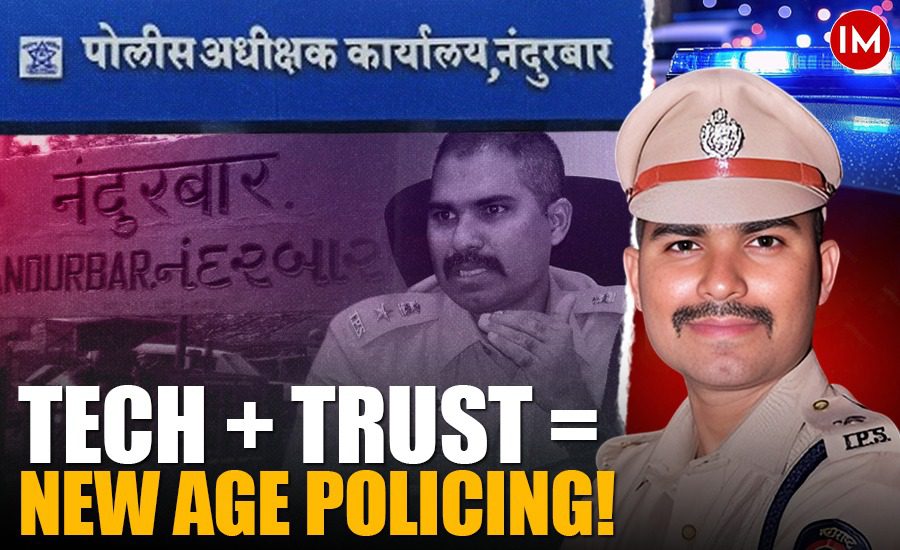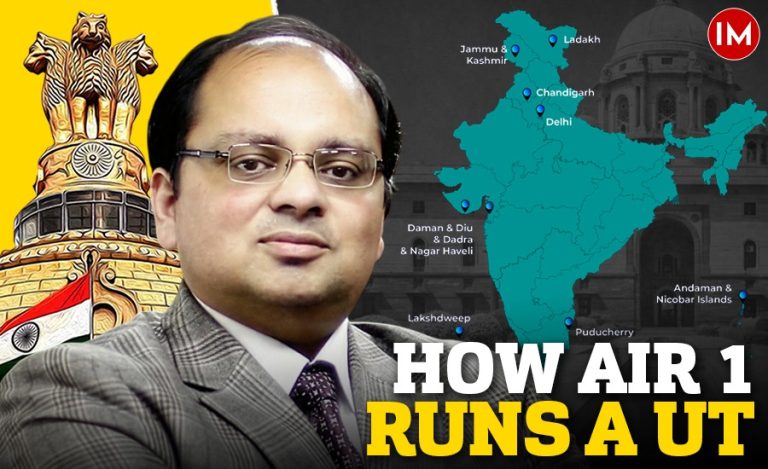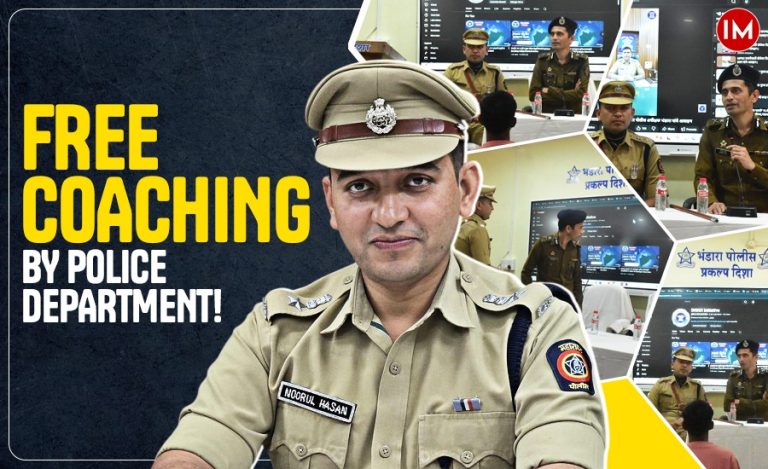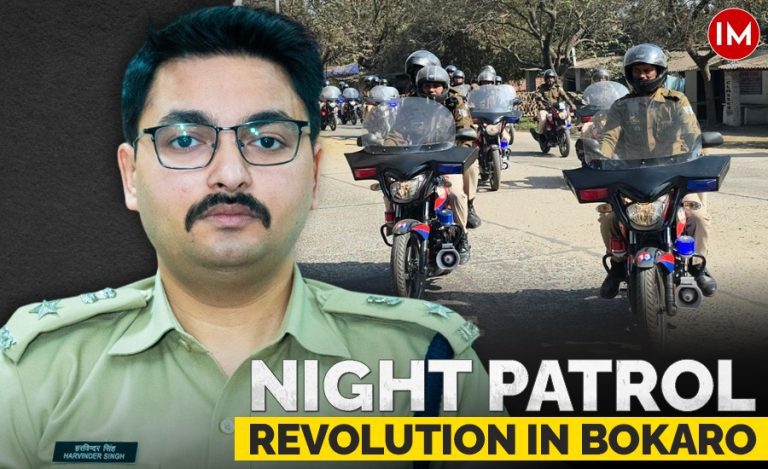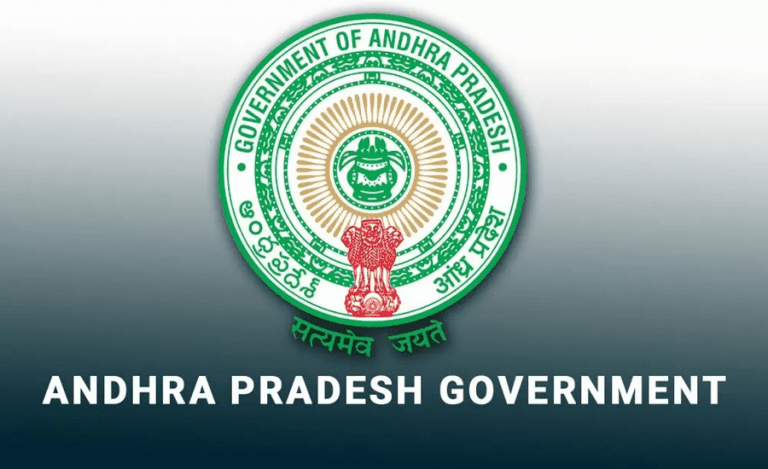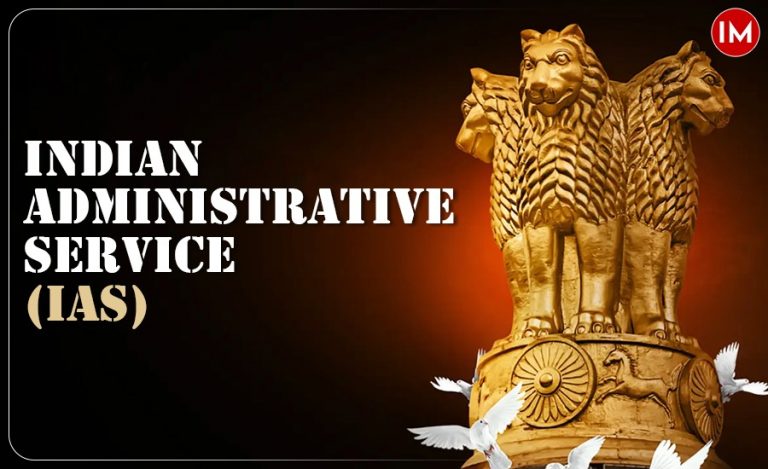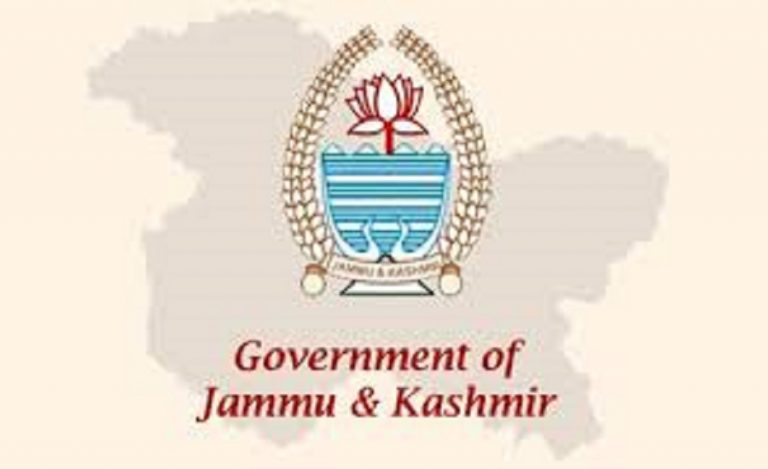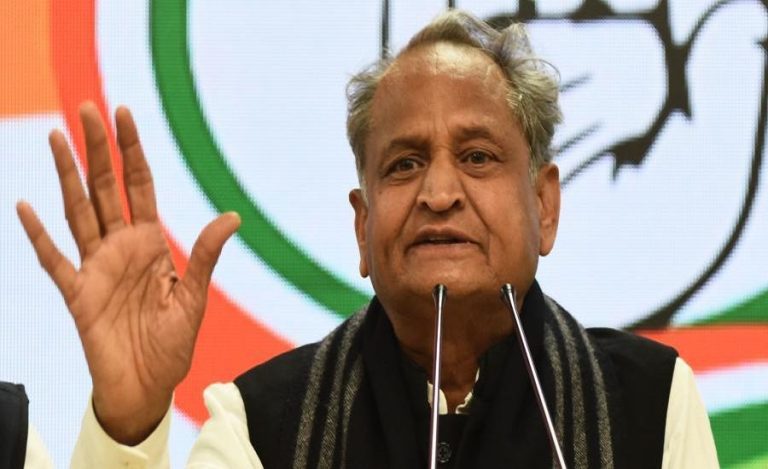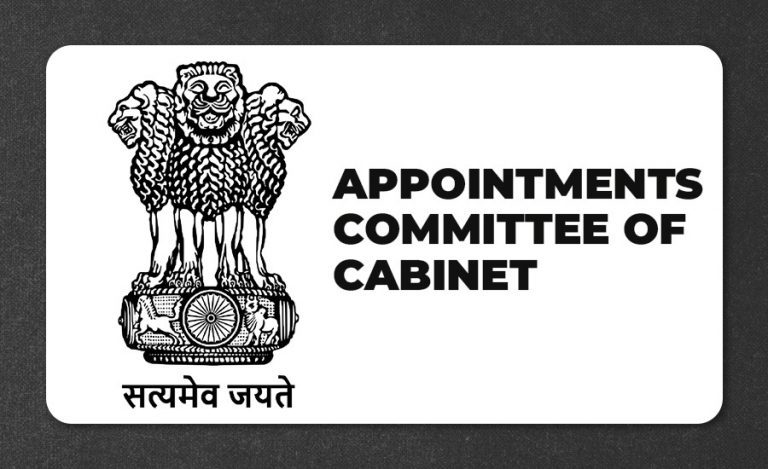In a district where dense forests, hilly terrains, and scattered tribal villages define the landscape, Superintendent of Police (SP) Shravan Dath Sodha, a 2016-batch IPS officer of the Maharashtra cadre, is leading a silent yet powerful transformation.
Tasked with policing a predominantly tribal region, Sodha is not just enforcing law and order – he’s reshaping the relationship between the police and the people. Through innovative tech-led policing, improved accessibility, and community empowerment programs, his work is becoming a model for grassroots governance.
Indian Masterminds interacted with Mr Sodha to learn more about his initiatives and how he is implementing them with impact.
TECH-POWERED POLICING: THE ‘SMART E-BEAT PATROLLING SYSTEM’
One of the most impactful reforms under Sodha’s leadership is the introduction of the Smart e-Beat Patrolling System, a technology-driven policing initiative that brings real-time monitoring to the streets of Nandurbar.
Launched as part of the Chief Minister’s 100-day program, the system has mapped over 700 key locations across the district – including schools, colleges, ATMs, banks, and religious sites – that require regular police presence.
“We’ve identified and geo-tagged sensitive and strategic points. Patrolling officers must visit each point and remain there for a minimum of 10 minutes. If they don’t, that location is not counted,” explains SP Sodha.
Using private vendor technology, the system monitors daily patrol performance. Missed locations are reported at the end of every shift, enabling accountability at every level – from beat constables to police station in-charges.
“Since it’s automated, we get real-time status reports. Based on performance, we reward those who do well and initiate corrective action wherever standards are not met,” he adds.
This system is also being dynamically updated. With the Ganpati Mahotsav around the corner, all festival locations will be geo-mapped to ensure enhanced vigilance and crime prevention.
PERMANENT POLICE CONTACT NUMBERS: ACCESSIBILITY REIMAGINED
In an era of transient postings and rotating personnel, public access to law enforcement often suffers. To address this, Sodha introduced another reform: the permanent mobile number system for key police officers in Nandurbar.
“Earlier, when officers transferred, their contact numbers changed. It created confusion for citizens. We’ve now assigned permanent mobile numbers to all SDPOs, Additional SP, and even the SP – so that the public always knows how to reach the police,” IPS Sodha says.
While many Indian states have implemented CUG (Closed User Group) numbers, Maharashtra still lacks this system. Despite the absence of formal infrastructure, Sodha has taken the lead locally and formally proposed state-wide adoption of permanent numbers to the Director General’s Office.
“We’ve taken a small but important step in ensuring continuity in police-public communication. The number remains, even when the officer changes.”
MISSION SAKSHAM: SKILL DEVELOPMENT FOR TRIBAL YOUTH
Understanding that true policing goes beyond law enforcement, he has taken steps to tackle unemployment and under-skilling among the tribal youth through a collaborative initiative named Mission Saksham.
In partnership with Pratham Education Foundation, the district police identified and enrolled over 100 young men and women in a 45-day residential skill training program in trades such as carpentry, plumbing, electrical work, and motor vehicle mechanics.
“It’s not just about training; it’s about giving youth a future. Some of them left for training on August 15, and many more will follow. This is an ongoing effort to make them self-reliant,” said Mr Sodha.
With industries beginning to enter the district, he sees skilling as a crucial step in integrating local youth into the region’s economic growth story.
BRIDGING THE GAP: SERVICE DELIVERY IN REMOTE VILLAGES
Looking ahead, Sodha’s focus is shifting to the last-mile delivery of government services in villages where basic infrastructure and benefits still haven’t reached.
“The Collector of Nandurbar and I are working on a joint program to identify and address service delivery gaps in these villages,” Mr Sodha shared. “It’s important to make governance felt, not just announced.”
This initiative aims to assess deficiencies and proactively address public grievances, with an integrated district-level approach.
AWARENESS AND CULTURAL HARMONY
Recognizing the importance of cultural sensitivity in a tribal district, he has also launched awareness campaigns to educate people about the law while respecting their traditions.
“We are working to create awareness among the people, ensuring there is no conflict between the law and their culture,” he stated.
By involving community leaders and local stakeholders, the police aim to foster mutual trust and cooperation – an essential ingredient in community policing.
A VISION ROOTED IN EMPOWERMENT
Whether through technological innovations like e-beat patrolling, accessible policing via permanent contact numbers, or socio-economic initiatives like Mission Saksham, IPS Sodha’s efforts reflect a clear and inclusive vision: empowering the people of Nandurbar by reaching every corner of the district.
“No wrongdoer should feel free to act, and no honest citizen should feel alone,” he says firmly.
In a district where challenges abound, IPS Sodha’s proactive approach has begun to bridge divides – between law and community, between tradition and progress, and between governance and grassroots reality.

